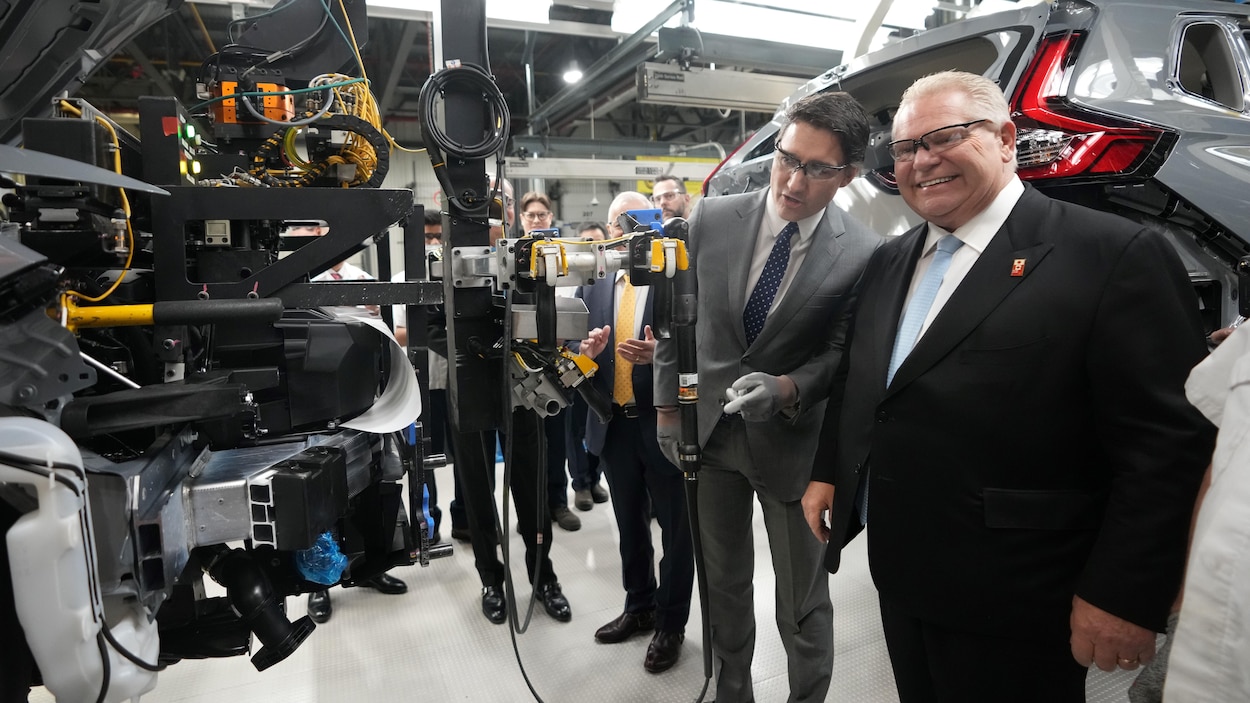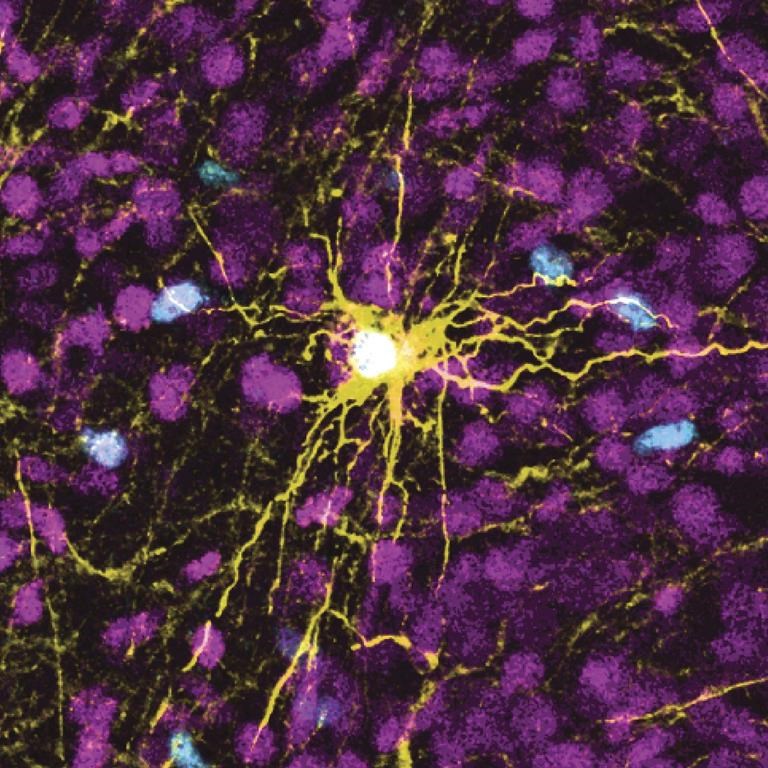MONTREAL – Researchers have successfully reproduced the cognitive symptoms of Alzheimer’s disease in healthy mice by inoculating them with the intestinal microbes of human patients suffering from the disease.
These findings “reveal that symptoms of Alzheimer’s disease can be transmitted to a healthy young organism via the gut microbiome, confirming the causal role of the gut microbiome in Alzheimer’s disease,” the researchers wrote.
“Alzheimer’s disease is a complex, multifactorial neurodegenerative disease,” recalls Dr. Charles Ramasamy, holder of the Louise and André Charon Chair in Alzheimer’s Disease at the National Institute for Scientific Research.
“Recent studies have shown that there are several specific changes in the composition of the intestinal microbiota in patients with Alzheimer’s disease.”
He added, on the other hand, we do not know whether these changes are the origin of the disease, or whether they arise rather from the patient’s usually advanced age or from the treatments (such as taking antibiotics) that he may have received. Which can modify the composition of the intestinal microbiota.
In the new study, transplanting microorganisms from Alzheimer’s patients into mice caused memory problems, including problems with long-term spatial memory and difficulty remembering previously encountered events, people, or things.
These memory disorders depend on the development of new neurons in the brain. In the transplanted mice, the researchers observed a reduction in the number of neural stem cells and their survival time, “which supports our behavioral observations,” they write. The neural stem cells that are generated also appear to have communication problems.
“They noted with interest changes in the intestinal epithelium in the mice receiving the transplant,” said study authors Dr. Ramasamy.
He said: “What is most interesting is that there is a change in the activity of the hippocampus, which is a very important area of the brain, involved in learning and memory, which changes in Alzheimer’s disease.”
All of this, he continues, “really shows that patients’ microbiota is the root of these problems in the brain (and) hippocampus.”
Researchers are now raising the hypothesis that it may be possible to obtain “therapeutic gains” by acting on the gut microbiota to influence the formation of healthy neurons.
Dr Ramasamy said it may actually be possible to delay the onset of the disease in people in whom warning signs have been detected “by playing on certain groups of bacteria that may or may not be beneficial”.
“It once again demonstrates the dual connection that exists between the brain and the gut,” he added. This is a new indication that supports the role of gut microbiota in the brain.
The results of this study were published in the medical journal Brain.

“Music guru. Incurable web practitioner. Thinker. Lifelong zombie junkie. Tv buff. Typical organizer. Evil beer scholar.”







More Stories
The Simone-Veil space has officially opened in Lavardac
Quebec | Museum of National History on the ashes of blue spaces
Espace du Parvis becomes Parc des Pékans